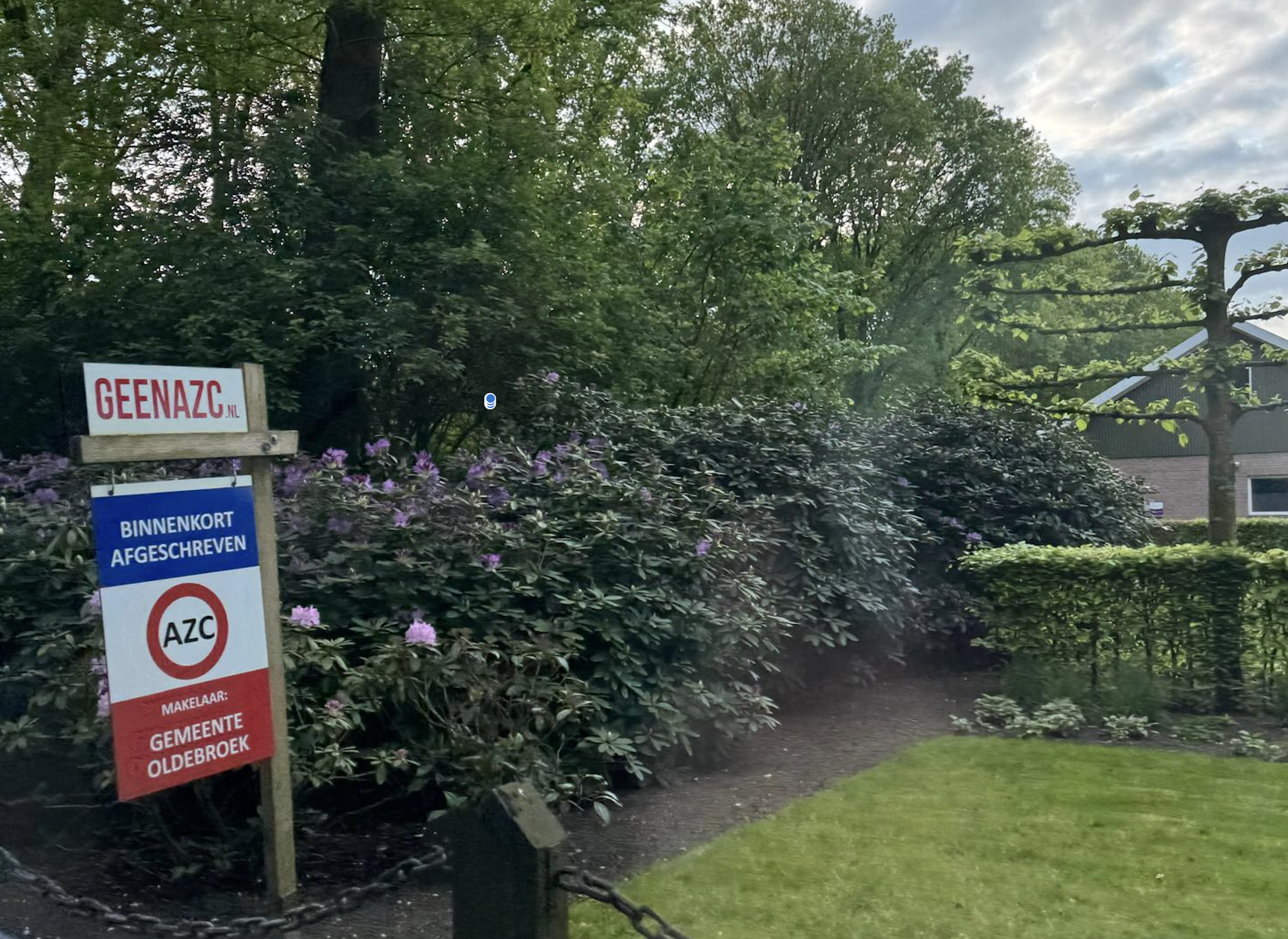Protests stop plans for at least 20 refugee centres: Telegraaf

Plans for at least 20 refugee centers have either been canceled or delayed due to protests by local residents, the Telegraaf reported on Monday.
In Elst, for example, plans for a 200-bed center were abandoned following a local campaign, and similar blockades have occurred in Deurne, Heerenveen, and Zwolle, the newspaper said.
By law, all municipalities are required to provide housing for their share of refugees, based on population size and the socio-economic status of their residents. Although the government intends to repeal this legislation, which is supported by most councils, it has not yet done so.
According to asylum minister Marjolein Faber, accommodation is needed for 96,000 people, though this figure is based on outdated data. Last year some 45,000 asylum seekers came to the Netherlands, rather than the 70,000 Faber used in her calculations.
The refugee settlement agency is facing such a shortage of beds that by the beginning of this year, 10,000 asylum seekers were being housed in hotels at significant additional cost.
Last month, MPs passed a motion urging the Dutch government to stop using private companies for emergency asylum accommodations, citing concerns over rising costs, fraud, and labor exploitation.
Socialist Party (SP) leader Jimmy Dijk, who tabled the motion, argued that asylum accommodations had become a “business model,” enabling commercial operators to profit heavily from taxpayers.
The refugee accommodation agency COA reported that emergency lodgings — such as hotels, sports halls, and ships — cost twice as much per refugee as permanent housing.
The total accommodation budget ballooned from €725 million in 2021 to €2.7 billion in 2023. The COA has been forced to secure more temporary facilities after a court ruled that it must stop exceeding the daily limit of refugees housed at the main reception center in Ter Apel.
Thank you for donating to DutchNews.nl.
We could not provide the Dutch News service, and keep it free of charge, without the generous support of our readers. Your donations allow us to report on issues you tell us matter, and provide you with a summary of the most important Dutch news each day.
Make a donation